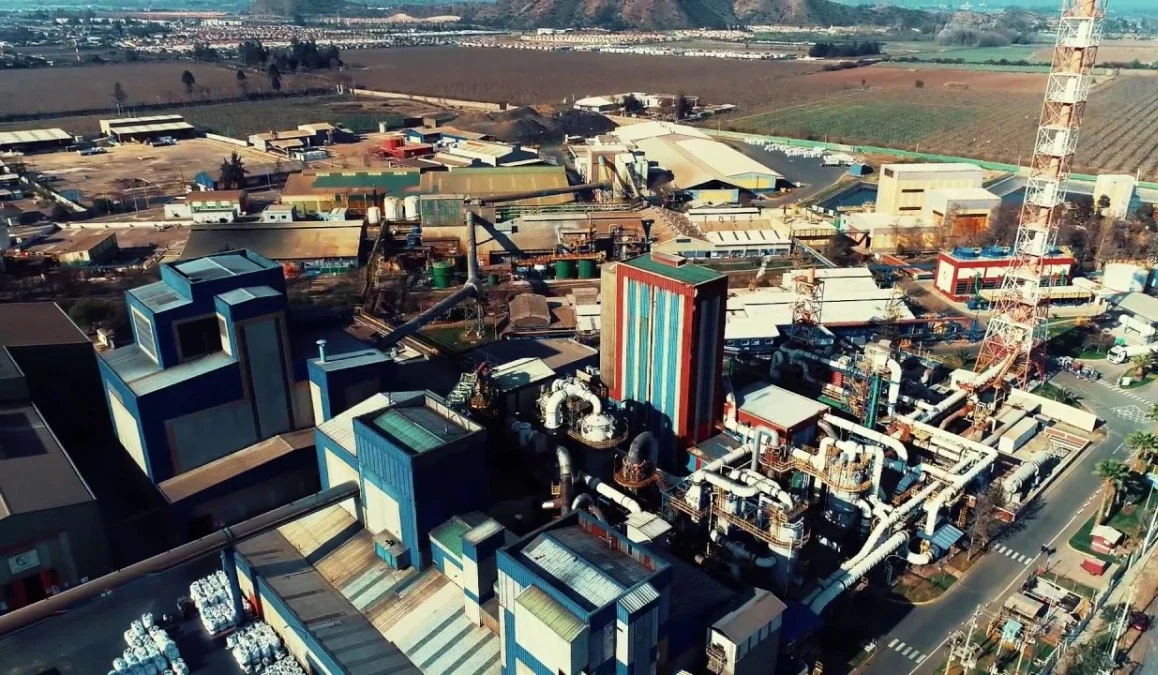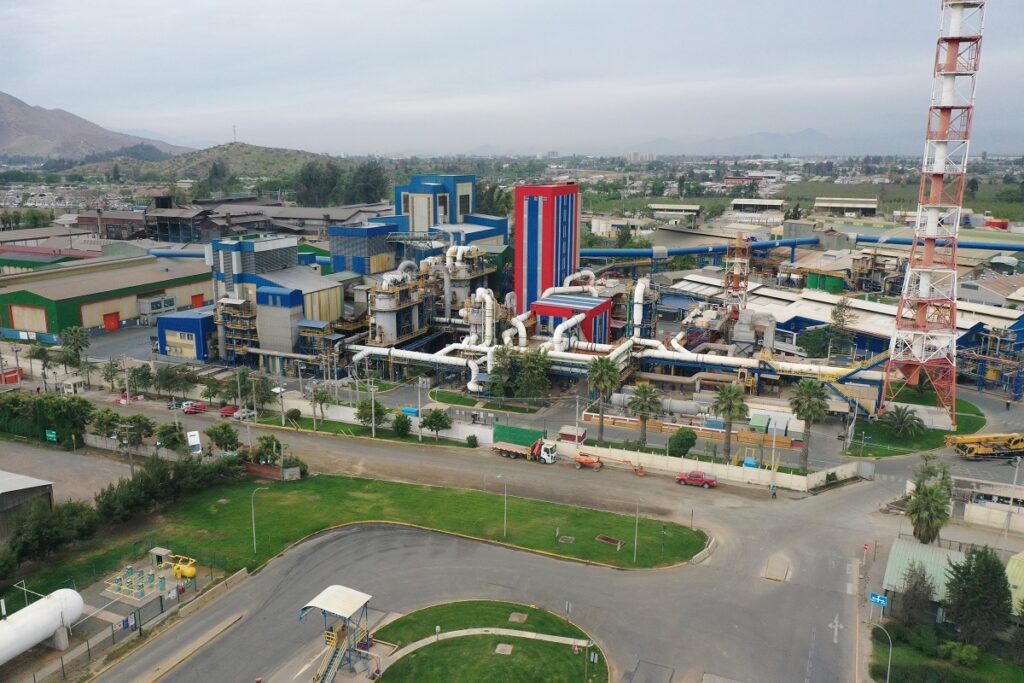Business Case
Molymet case
Business Case AI Bruna - Powered by Altumlab

Molymet is the world's leading producer of Molybdenum and Rhenium in the world, with a capacity of 37% of the total molybdenum processing and 70% of Rhenium. Currently its production plants are located in Chile, Belgium, Mexico and Germany.
Molybdenum is a mineral used in everything from large infrastructure works to aeronautics and medical applications, providing high value-added characteristics.
To produce, Molymet buys raw materials in maxi-bag format from different mining companies at a price agreed with them according to quality. The maxi-bags upon arrival are sampled and immediately sent to the oxidation reactor using Just in Time methodology, mainly due to the high demand and reduced storage space.
The problem is that among the different mining suppliers the material is not the same, they have differences in their composition, and this is known only hours after the material has entered the production process, where the type of material that enters directly affects the energy consumption of the furnaces and oxidation reactors.

How is it possible to optimize this process with Artificial Intelligence?
Artificial Intelligence can help us predict what the material coming from each mine will be like. For that we use historical information from all the samples that have been collected over the years, from all the maxi-sacks that have entered the plant.
With this information it is possible to model a neural network capable of predicting the characteristics of the raw material, and thus make operational adjustments.
What kind of adjustments can be made?
By having the feedstock information, the Plant Manager can improve the way the furnaces and the oxidation reactor are fed. Considering that a stable raw material with certain characteristics decreases energy use, he can make the decision to feed with maxi-bags from certain suppliers, or even make a pre-mix of different suppliers to maintain stability. One of the main strategies is to segment the raw materials and then allocate them to the most appropriate process according to their composition. Some will go directly to the furnaces or reactor, while others will be stored for later use.
What are the projections of this project?
Molymet estimates a 3% - 5% reduction in energy consumption in both the roasting furnaces and the reactor, and at the same time to have a predictive tool with an assertiveness of over 90% to efficiently mix and allocate raw materials to the different production processes in automated planning.
The importance of information:
The availability of information is key. Predictive algorithms can be used but they need to be fed with historical information. The more information there is and the more this information can be parameterized and correlated, the better. Each time a sampling is executed, it serves to feed back to the algorithm, so this type of technology does not replace the sampling process, what it does is to take this information to predict. Although it does not replace it, there are cases in which the sampling process can be reduced while maintaining the necessary levels of assertiveness to improve the operation and thus make strategic decisions.
I would like to implement IA in my company, what things should I consider?
This technology, however innovative, must focus on people. On those people who are involved in the day-to-day operation. Without their experience and knowledge it is very difficult to apply the technology. There are adoption barriers that we must work to make the implementation a success, and therefore it is always useful to incorporate Customer Success programs to reduce technological barriers and improve the adoption of such tools.